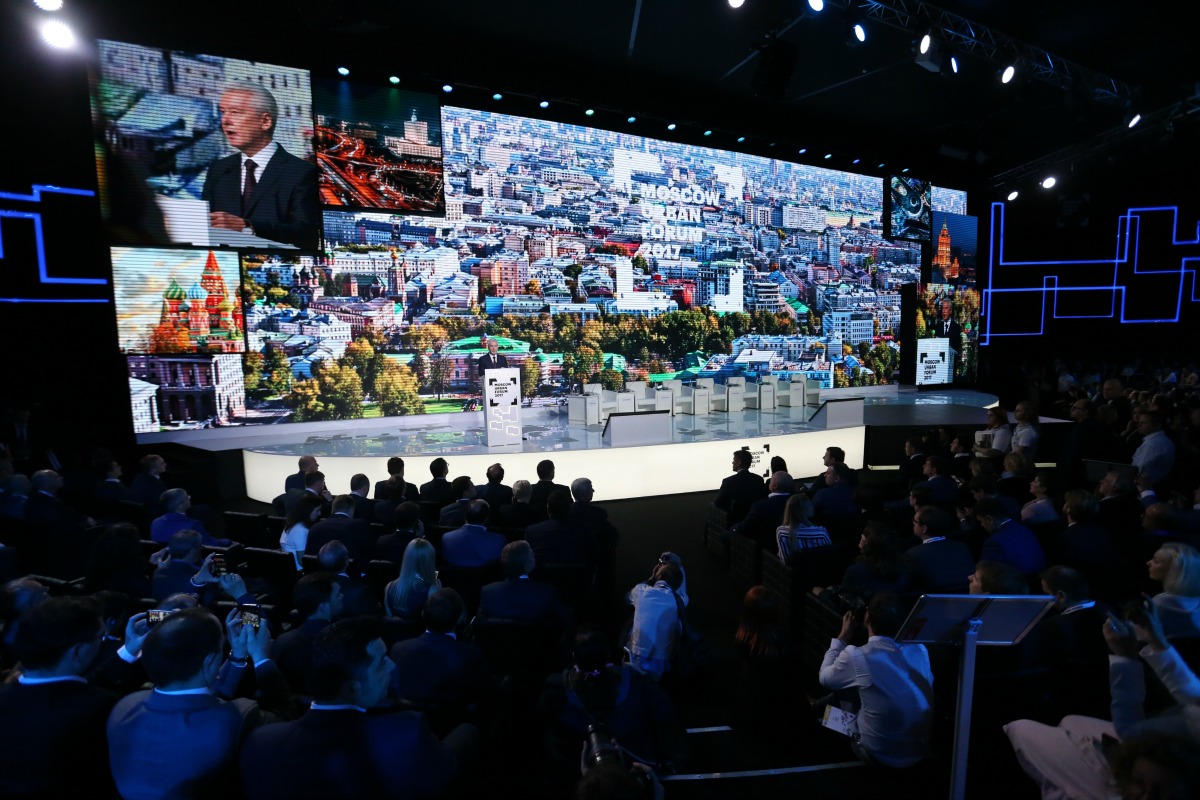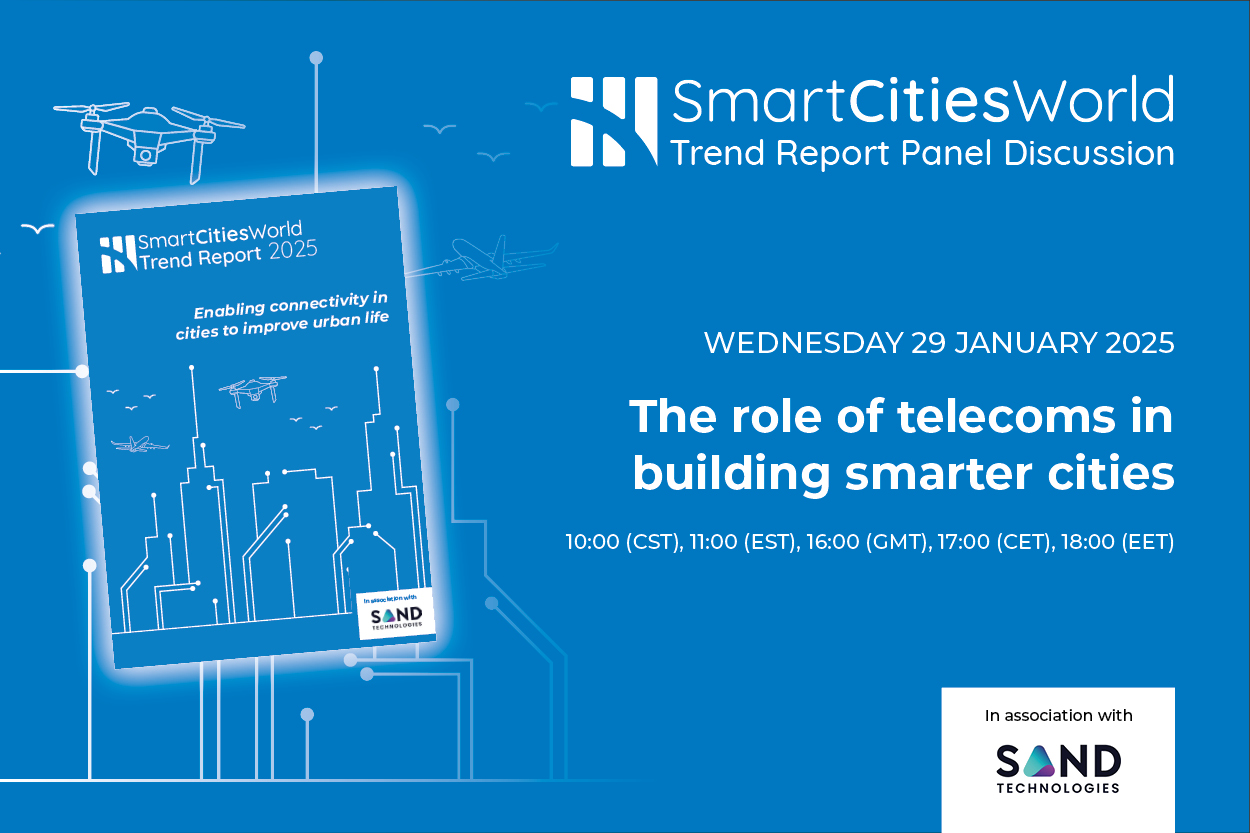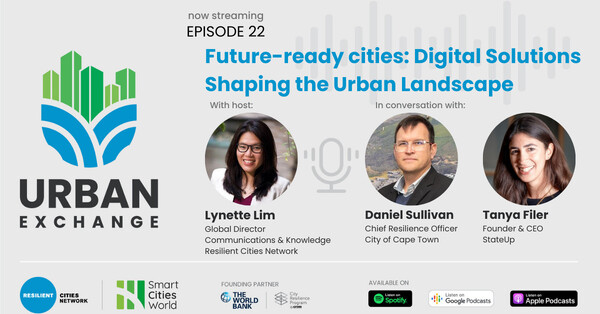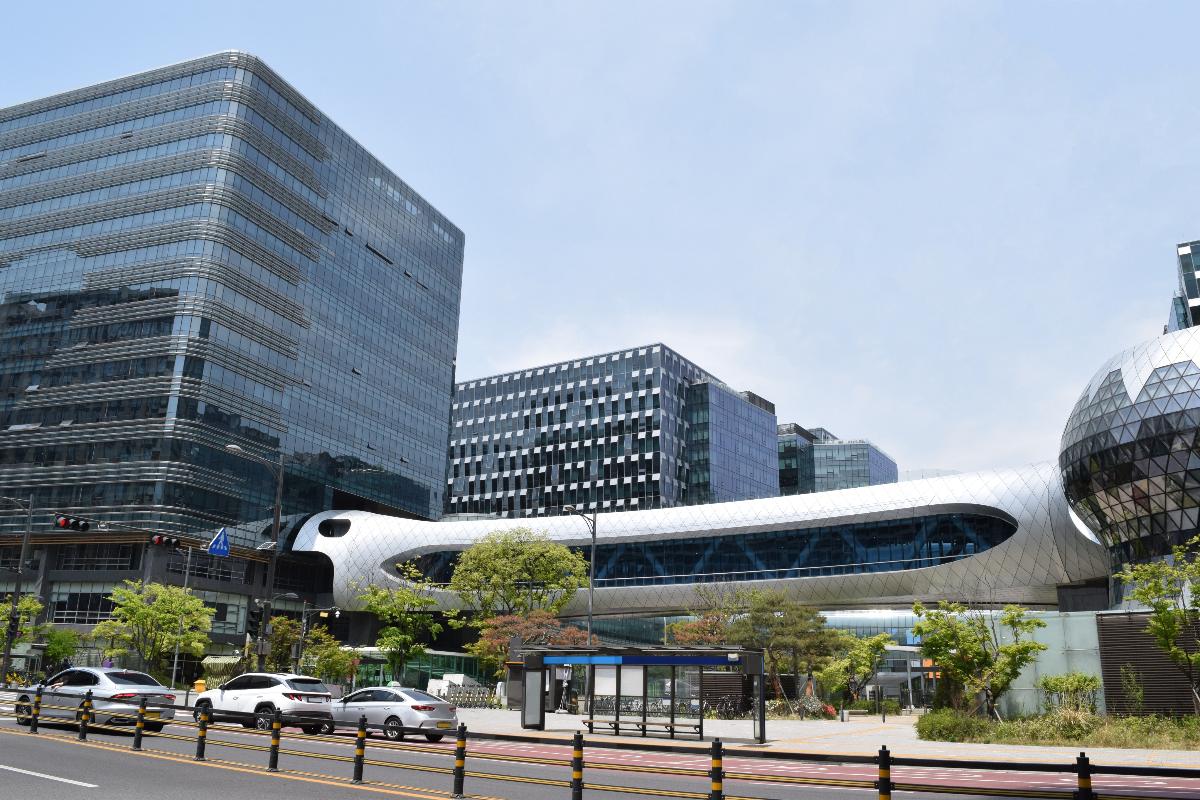Special Reports
SusHi Tech Tokyo 2024: experience ‘Tokyo 2050’ todaySponsored by The SusHi Tech Tokyo 2024 Showcase Program Executive Committee
Meeting the challenges of global megapolises
Experts debated what IT technologies of the future will be and how to increase the attractiveness of public transport in global megacities

In less than eight years, it is predicted that the population of the largest urban agglomerations will total 2 billion people accounting for three-fifths of global GDP.
This statistic was one of the revelations announced at the Moscow Urban Forum, an annual international event on urban development, architecture, economy and strategic planning. Already today, only 50 agglomerations, in which 8 per cent of the world’s population lives, create almost a quarter of its wealth, delegates were told.
“We live in an era of unprecedented growth in cities that will drive the development of the economy as a whole,” said Sergey Sobyanin, mayor of Moscow at the welcome address. “Every year there are three new cities as large as Shanghai appearing or four as large as New York. By 2025, the population of the largest urban agglomerations will reach 2 billion people who will produce 60 per cent of global GDP.”
This year’s event attracted more than 400 international experts from 68 countries including: Ken Livingstone, former Mayor of London; Thomas Geisel, mayor of Dusserldorf; Anil Menon, global president, smart+connected communities, Cisco; and Parag Khanna, author of Connectography: Mapping the Future of Global Civilisation.
Discussing the concept of smart cities, experts debated what IT technologies of the future will be, how big data collection and analysis could improve quality of life and how to increase the attractiveness of public transport in global megacities.
Speakers underlined the importance of cities having the necessary infrastructure at the beginning of their development: “It’s not technologies. Technologies only come after as one of the tools and as infrastructure that we have. But the focus is on the challenges and citizens’ needs,” said Francesca Bria, chief technology and digital innovation officer, Barcelona City Council.
This year’s business programme was developed under the theme “Age of Agglomerations. Rethinking the World Map” including discussions on best urban solutions for smart cities, ecology in metropolises, urban mobility and urban transport and many others. The speakers discussed the rising role of mega cities in the world.
Ken Livingstone pointed out that when he was born only 10-15 per cent of the population lived in large cities, a figure which has now risen to more than half. “The excessive centralisation of agglomeration is a major hindrance to huge city’s economy development,” he said.
“The world is changing and huge cities are now a normal part of our lives. In the development of urban agglomerations, an important role is played not only by investment, but also by the effectiveness of management. Cities are our future, and mayors are our best hope for the future.”
Along with cities’ rising role, identification of key growth areas and discussion of a strategy for further growth were also on the agenda. Author Parag Khanna pointed out that Moscow is one of three largest European agglomerations, alongside with Paris and London.
“In terms of connectivity, which I consider to be one of the major trends in further growth and future sustainability of these cities, Moscow should probably move to considering itself as a largest agglomeration between Western Europe, Far East and Asia, acting as a mediator and a connecting link for these regions,” he added.
The forum was attended by more than 50,000 visitors to discuss the challenges of global megapolises and to help develop innovative solutions. The first forum was held in 2011. Last year, it brought together 17,000 people, among them participants from 42 countries.
If you liked this, you might be interested in the following:
Public-private cooperation is the key to a sustainable future
A WEF report says meeting the challenges of urbanisation relies on dialogue and engagement between multi-stakeholders
smartcitiesworld.net/news/news/public-private-cooperation-is-the-key-to-a-sustainable-future-1034
UN urges smart transition
A new UN initiative will help in the mission to make cities and human settlements “inclusive, safe, resilient and sustainable”
smartcitiesworld.net/news/news/un-urges-smart-transition-550

















